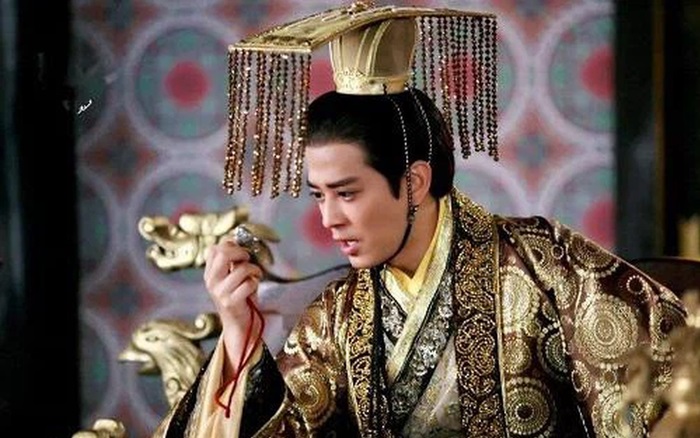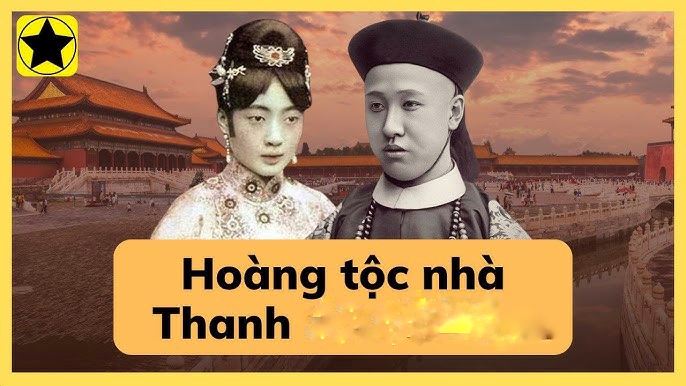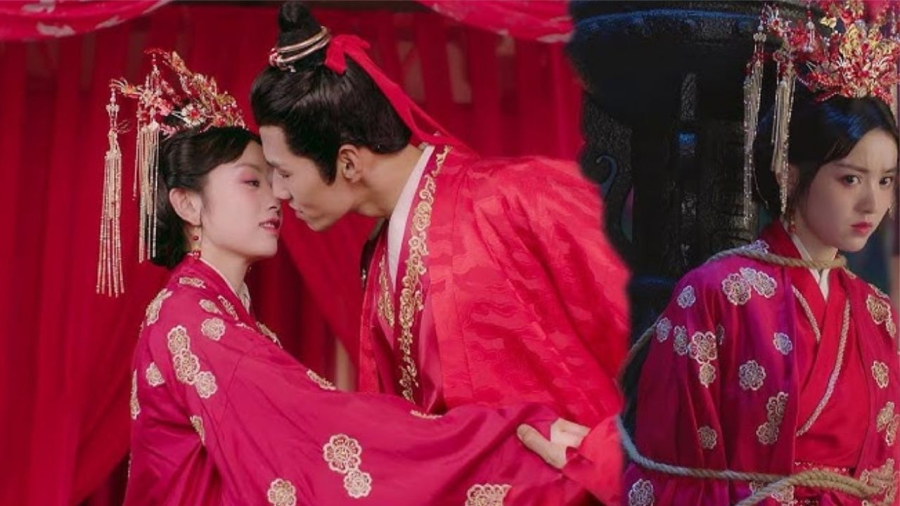The first criterion of the Emperor in feudal China when choosing a successor is to establish a prince, the eldest son born of the main wife, with a noble position. In any case, the eldest son must be considered first before considering other candidates based on their talents and virtues.

But in the Song Dynasty, there was an Emperor who selected a crown prince in a strange way. He didn’t need to know if he was the eldest or the second son, but instead gave each prince 10 beautiful women, and after one month, he would evaluate them. The one who pleased him the most would become the Crown Prince.
After Tĩnh Khang Incident, the Northern Song Dynasty fell, and Tống Huy Tông’s son, Triệu Cấu, ascended to the throne, becoming the founding Emperor of the Southern Song Dynasty, known as Tống Cao Tông.
Triệu Cấu did not have any offspring, and the reason was not recorded in history. Being an Emperor without an heir, and without anyone to inherit the kingdom, wouldn’t that be a subject of ridicule?
Triệu Cấu considered and came up with a plan to choose an outstanding candidate among the descendants of the royal family to be the Crown Prince. Two princes were chosen: Triệu Thận and Triệu Trác.
Triệu Thận had a small and skinny stature, not very imposing at first glance. Triệu Trác, on the other hand, was fair and strong. Based on appearances alone, Triệu Cấu preferred Triệu Trác because of his noble and majestic aura, while he had no interest in Triệu Thận.

That day, Triệu Cấu called the two princes to the palace to talk. In the middle of the conversation, a cat suddenly rushed in. Triệu Trác became scared, turning around and completely ignoring what Tống Cao Tông was saying, completely captivated by the cat’s attention.
Triệu Thận, on the other hand, was different. Not only was he not affected by the cat, but he listened attentively to Tống Cao Tông, with his eyes focused and firm, radiating a calm and composed demeanor.
Tống Cao Tông remembered this detail in his heart. He had already made a decision, but he didn’t say anything or rush to appoint a Crown Prince. Moreover, he had some hesitation, thinking that he could still have a child in the future and pass on the Emperor’s throne. If that were the case, naturally the royal power would belong to his own child.

Using Beautiful Women to Choose the Crown Prince
Years passed, and the two princes grew up, but Triệu Cấu still had no children. The high-ranking officials in the court came urgently, repeatedly requesting Triệu Cấu to appoint a Crown Prince.
In the end, looking at the three thousand maidens in the palace, he came up with a plan to use beautiful women to test the two princes and see who could overcome the challenge.
Triệu Cấu’s method of using beautiful women to test the princes was unique, a precedent that had never been seen in the feudal dynasties. It aimed to see who could “control their desires” in the face of beauty.
Triệu Cấu summoned the two princes, Triệu Thận and Triệu Trác, to the palace, and gave each of them 10 beautiful women. After one month, Triệu Cấu sent someone to inspect these women and found that the 10 women given to Triệu Trác were no longer graceful and beautiful, but pitiful and miserable. In contrast, the 10 women given to Triệu Thận remained the same throughout, which pleased Triệu Cấu. At this time, he made the decision to appoint Triệu Thận as the Crown Prince.
Triệu Cấu’s method of using beautiful women to choose the Crown Prince was different, but it produced an unexpected result. Crown Prince Triệu Thận, also known as Tống Hiếu Tông in history, was considered the most capable Emperor of the Tống Dynasty. He was humble, uninterested in beauty, and sincere in his love for the people.
During Tống Hiếu Tông’s reign, the people of the Southern Song Dynasty were able to live stable and prosperous lives.

Moreover, Tống Hiếu Tông knew that the rebellion of Nhạc Phi, which was a shocking injustice involving Tống Cao Tông Triệu Cấu. Therefore, he cleared the false accusation against the Nhạc family, declaring it to the world.
In the face of 10 beautiful women, Tống Hiếu Tông was able to maintain “a pure heart without desire,” enough to recognize a character and a worth that deserved recognition, which was a rarity throughout history and something that the Southern Song Dynasty at that time needed.
The Last Remaining Golden Citadel of Vietnam: Unchanged Across 13 Generations of Kings
The golden throne symbolizes the power of the feudal era. The throne of the Nguyen dynasty is the last remaining intact throne in the history of dynasties in Vietnam.
The Emperor’s Demise: What Will Happen to the 3000 Women in the Harem?
During the feudal era in China, the Emperor held the highest authority. Surrounding him were thousands of concubines. So what happened to these individuals after the Emperor passed away?





































